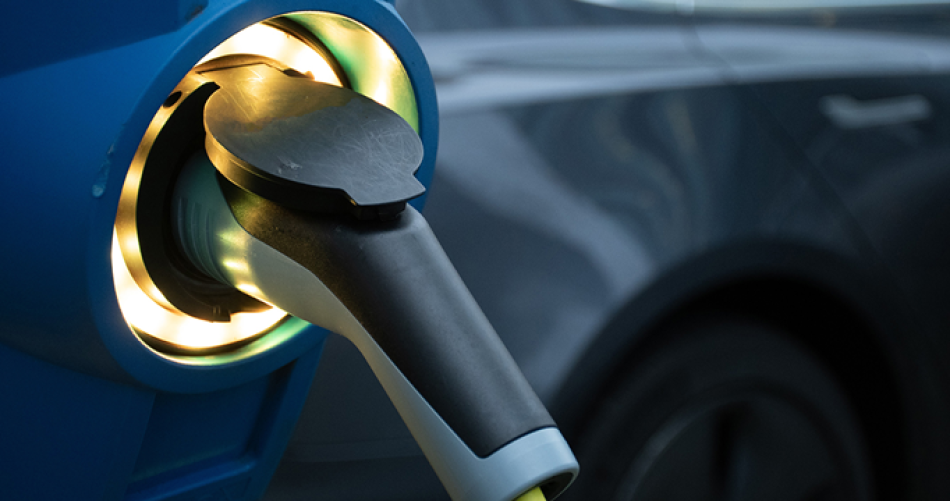New Study Reveals Inconsistencies in Consumer Information About Electric Vehicles and Chargepoints
FIA Region I published a comprehensive study aimed at assessing the clarity, consistency, and transparency of information provided to consumers regarding electric vehicles (EVs) and chargepoint usage.

The study rigorously examines user manuals of six leading EV models and analyses the websites of nine major chargepoint operators (CPOs). The findings indicate notable inconsistencies in consumer information across both sectors, highlighting the need for improvements.
The selected EV models, based on the best-selling vehicles in Europe for 2022, were assessed across multiple categories, including charging, vehicle battery range, safety features, environmental impact, and general vehicle details. The study revealed a disparity in the level of detail provided, potentially affecting the experience of first-time EV buyers.
The study also scrutinised the websites of the main chargepoint operators from across Europe. While all operators provide information about the required plug types for vehicle charging, discrepancies arose between the information presented in EV manuals and the descriptions on the websites, which can confuse users. A pricing mismatch was also noted, as consumers encounter diverse pricing models such as per minute or per kilowatt hour (kWh) rates. The lack of standardisation and interoperability among different chargepoint operators contributes to an unclear charging experience.
Insights gathered from stakeholder interviews delved into the barriers hindering widespread EV adoption. While factors like the high purchase cost and range anxiety were identified, the study highlighted how inconsistent information, alongside limited infrastructure, impacts consumer decision-making. To counter these challenges, the study suggests emphasising the cost-effectiveness, financial incentives, and reduced energy costs of EVs when compared to traditional internal combustion engine (ICE) vehicles.
Laurianne Krid, FIA Region I Director General, emphasised, “Consumer confidence in EV technologies and infrastructure relies on clear, concise, and transparent information. As EVs sales surpass those of ICE vehicle, it is clear that accurate information is pivotal.”
The study also addresses relevant EU and UNECE legislation, such as the Alternative Fuels Infrastructure Regulation and the Euro 7 proposal, outlining their implications. In response to the findings, a series of policy recommendations have been proposed, including harmonizing chargepoint payment regulations, and ensuring reliable consumer information.
You can read the full study here.

 Facebook
Facebook Twitter
Twitter






